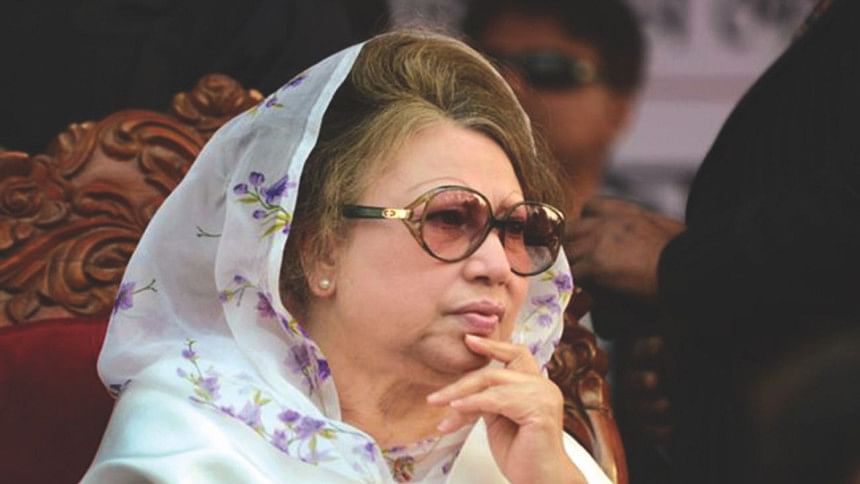BNP's 'demise' and possible consequences

In Bangladesh, Awami League and BNP are the two major political parties, which have alternated in power since 1991. However, owing to its boycott of the last national election, BNP has no representation in the present parliament. Furthermore, due to its own organisational weaknesses and the various repressive measures of the government, it is currently unable to play any role in protecting the rights of the people.
Through its failed attempt to pull down the government in a violent movement during the first three months of the year, the organisational structure of BNP has collapsed, as evidenced by the recent inaction of many of its leaders. However, it was already weak organisationally because of its dynastic leadership structure. In fact, there is a serious crisis of ownership within the BNP's ranks. Another reason for its organisational weakness is its dual decision centres. In addition, because of the 15th Constitutional Amendment, which provides for parliament election under the ruling party, there is little chance for BNP to come to power in the foreseeable future. Thus, it is not surprising that many of its mid-to-senior level leaders were reluctant to take risks and join the recent anti-government movement.
Other reasons for the breakdown of BNP's organisational structure are the government's repressive measures and the excesses of the law enforcement agencies. The government has filed innumerable cases, many of which are politically motivated, against BNP leaders, including Begum Zia. A number of senior leaders are already in jail. For example, the acting Secretary General of BNP, Mirza Fakhrul Islam Alamgir, has at least 76 criminal cases against him and has been in jail for many months. In addition, thousands of cases are pending against thousands of BNP activists, many of whom are on the run. During the violent movements at the beginning of the current year, nearly 10,000 of its leaders/workers were arrested.
It is believed that the government's aggressiveness is intended to neuter BNP. Many argue that with the continued government repression, BNP's demise is a matter of time. However, others disagree; they believe that despite a leadership crisis, BNP still enjoys widespread public support. Like a seesaw, BNP has been, to no credit of its own, benefitting from the ruling party's loss of support for its errors in governance.
However, many citizens have no love lost for BNP because of its many sordid actions of the past. Nevertheless, many still feel that its extinction is not in our best interest. Rather to prevent the government from becoming more overbearing, BNP must now emerge as a democratic, secular and strong party. Furthermore, with the demise of BNP, many of its activists may join communal parties, and some may even become extremists.
Incidentally, even though BNP is currently in a bad shape, the ruling Awami League's long-term prospect is also not very bright. Having been in power for over six years, Awami League as a party has gotten lost in the government. The patronage-based politics of the past years has attracted many opportunists to the party, making many committed Awami League activists inactive. Hence, many observers are concerned that when out of power the ruling party may also be in disarray.
To conclude, Begum Zia will now have to take on the responsibility of transforming BNP into a truly democratic, secular and dynamic political party. She will have to renounce dynastic politics and empower honest and committed leaders. She also needs to find an executive president to run the party on a day-to-day basis. If Begum Zia is unable to rise to the occasion and make some unpleasant decisions, she herself, BNP as a party, and the entire nation will have to pay dearly for it.
The writer is Secretary, Shujan.

 For all latest news, follow The Daily Star's Google News channel.
For all latest news, follow The Daily Star's Google News channel. 



Comments